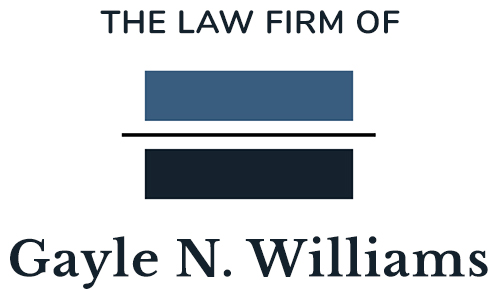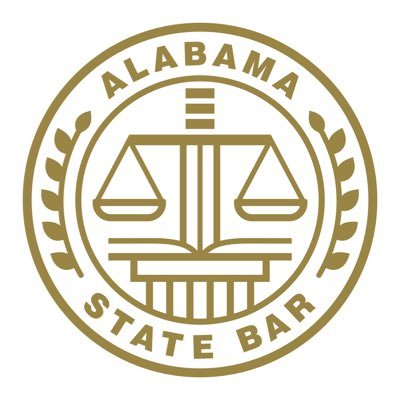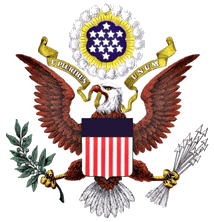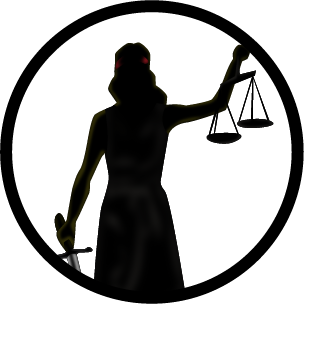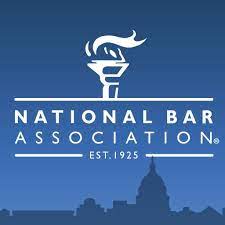Conservatorship / Guardianship
We Focus on Protecting Your Loved Ones
Conservator: A person who is appointed by a court to manage the estate of a protected person.
Guardian: A person appointed by the court to manage the personal care and welfare of a protected person.
People seek Conservatorships/Guardianships for a variety of reasons. For instance, someone may obtain Letters of Conservatorship and Guardianship on behalf of an elderly person who can no longer manage their assets, handle their physical needs or be alone.
Additionally, family members often seek guardianship over a minor child who lost their parents.
Also, if a disabled child becomes of legal age of maturity and the parents can no longer legally make business or healthcare decisions on their behalf, the disabled adult requires a Conservator and Guardian.
Guardianship may be appropriate when:
- A person can no longer make or communicate safe or sound decisions about his or her person and/or property; he or she may be failing to pay bills, losing money, losing track of accounts, forgetting appointments, mishandling medications, driving unsafely, neglecting hygiene, etc. The individual may also be displaying unusually angry or paranoid behavior.
- A person has become susceptible to fraud or undue influence.
- A minor/child with a developmental disability reaches the age of majority
Our comprehensive guardianship services include the following:
- A minor/child with a developmental disability reaches the age of majority
- A minor/child with a developmental disability reaches the age of majority
Child Custody
Child Support
Establishment of Paternity
Modification of Visitation
Establishment of Custody
Modification of Custody
Child custody is a legal term regarding guardianship which is used to describe the legal and practical relationship between a parent or guardian and a child in that person’s care. Child custody consists of legal custody, which is the right to make decisions about the child, and physical custody, which is the right and duty to house, provide and care for the child.[1] Married parents normally have joint legal and physical custody of their children. Decisions about child custody typically arise in proceedings involving divorce, annulment, separation, adoption or parental death. In most jurisdictions child custody is determined in accordance with the best interests of the child standard.
